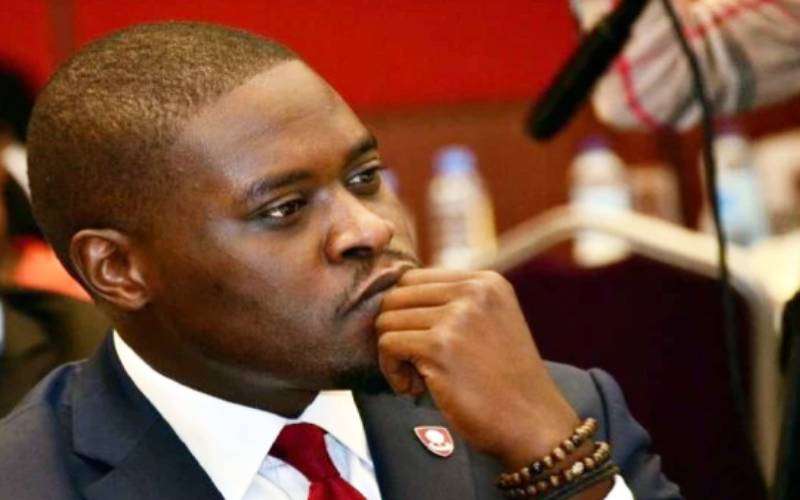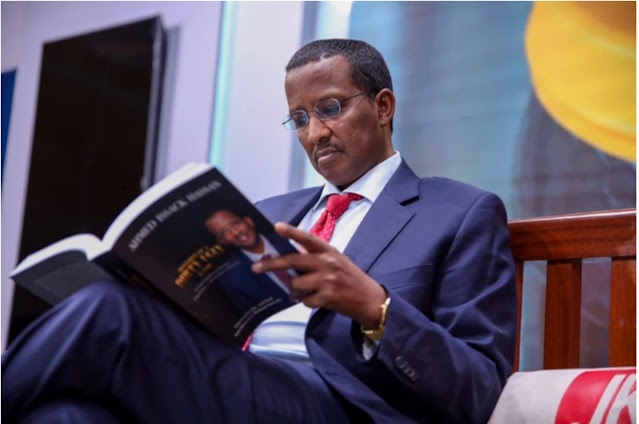By The Weekly Vision Team
In the run-up to the 2022 elections, Nairobi County witnessed intense political activities, which resulted in traders from the Mount Kenya region freely conducting business in the CBD and the surrounding areas. The traders were persuaded into believing that incumbent President Uhuru Kenyatta was responsible for the decline in their businesses.
The traders promptly embraced the narrative and initiated a movement to guarantee the defeat of all candidates associated with Uhuru Kenyatta and Azimio in general. The centre of attraction was Nyamakima, where politicians from the Kenya Kwanza pitched tents campaigning against Mr. Kenyatta and Azimio. Politicians eyeing elective positions received overwhelming support.
Statistics show that a majority of traders in Nairobi voted for Governor Johnson Sakaja because he promised to offer business incentives to city traders, including hawkers, as was outlined in his campaign manifesto. The governor and his administration are now facing repercussions from the same traders over broken promises made to Nyamakina traders, threatening to negatively impact President William Ruto’s reelection bid.
At present, the abrupt closure of bars and liquor stores in Nairobi is another failed pledge from the Kenya Kwanza party for 2022. Recently, in a display of discontent with Sakaja’s administration, Nairobi traders from Nyamakima came together under the Nairobi Business Community umbrella for a prayer rally. It is widely acknowledged among those who monitored the Nairobi campaigns in 2022 that the Nyamakima traders were at the forefront of the Uhuru Kenyatta rebellion in Nairobi.
It is important to underscore that Polycarp Igathe, the gubernatorial candidate for Jubilee, lost the election because of the determined efforts made by Nyamakima traders to campaign against him.
It is worth mentioning that the rift between Uhuru Kenyatta and Nairobi traders commenced when Uhuru Kenyatta initiated a significant anti-counterfeit campaign, leading to the confiscation and subsequent destruction of merchandise worth hundreds of millions.
Based on that, the camp, which was led by Sakaja with the support of William Ruto, convinced the majority of Nairobi traders that Uhuru was destroying and killing their businesses in Nairobi and that it was only Sakaja and the Kenya Kwanza government that would salvage their businesses through various incentives.
At the Nyamakina prayer rally, UDA was represented by Ndindi Nyoro, Kimani Ichungwa, and Sakaja, amongst other political leaders from the Mount Kenya region. On the other hand, the Nyamakima leaders also invited Wiper leader Kalonzo Musyoa, Nairobi senator Edwin Sifuna, DAP-K leader Eugene Wamalwa, and ODM deputy party leader Wycliffe Oparanya.
It has now come to light that the Nyamakima traders arranged the prayer rally as a way of sending a strong message to Sakaja and the Kenya Kwanza leadership. They want to emphasise that they are closely observing their activities, and if things do not go in their favour by 2027, they may consider shifting their allegiance and backing the opposition.





